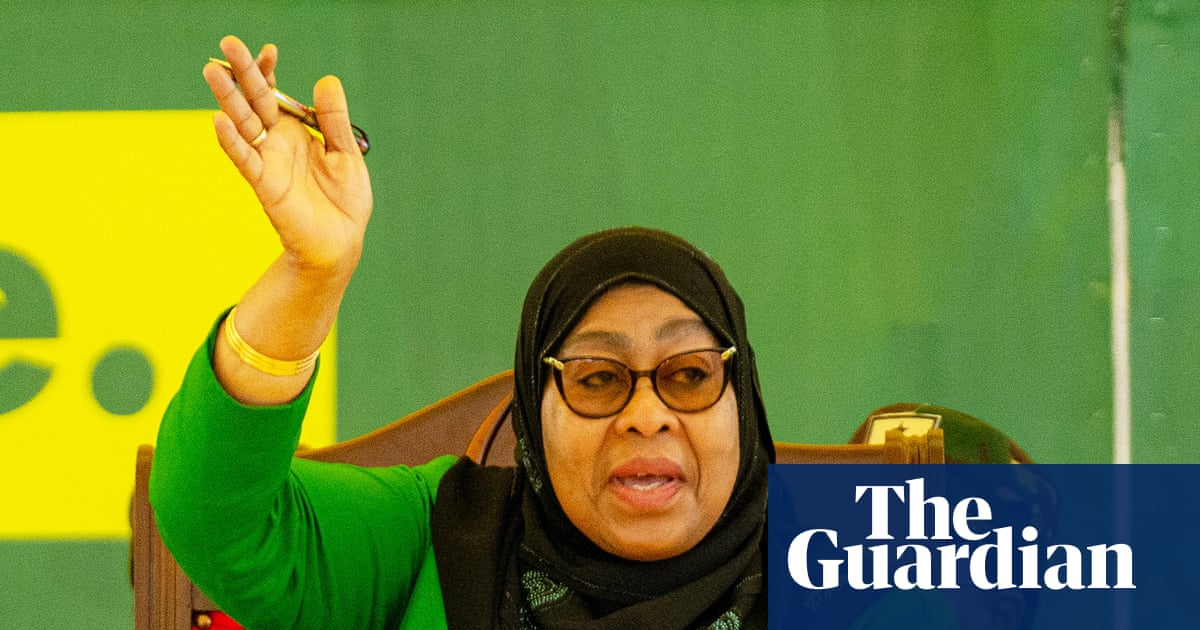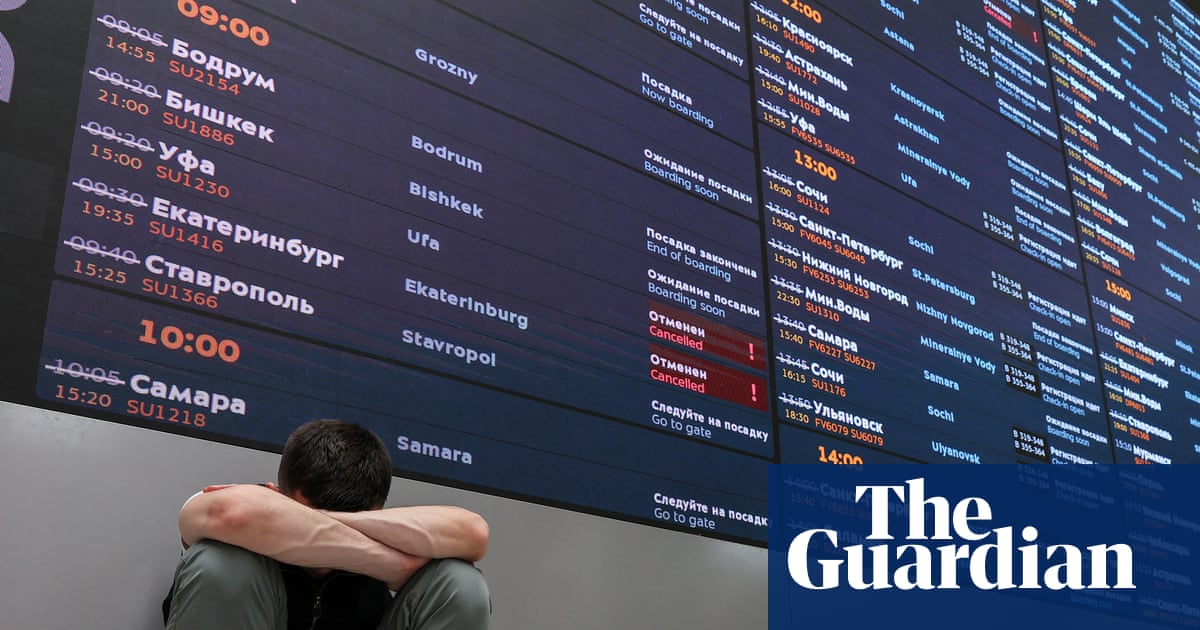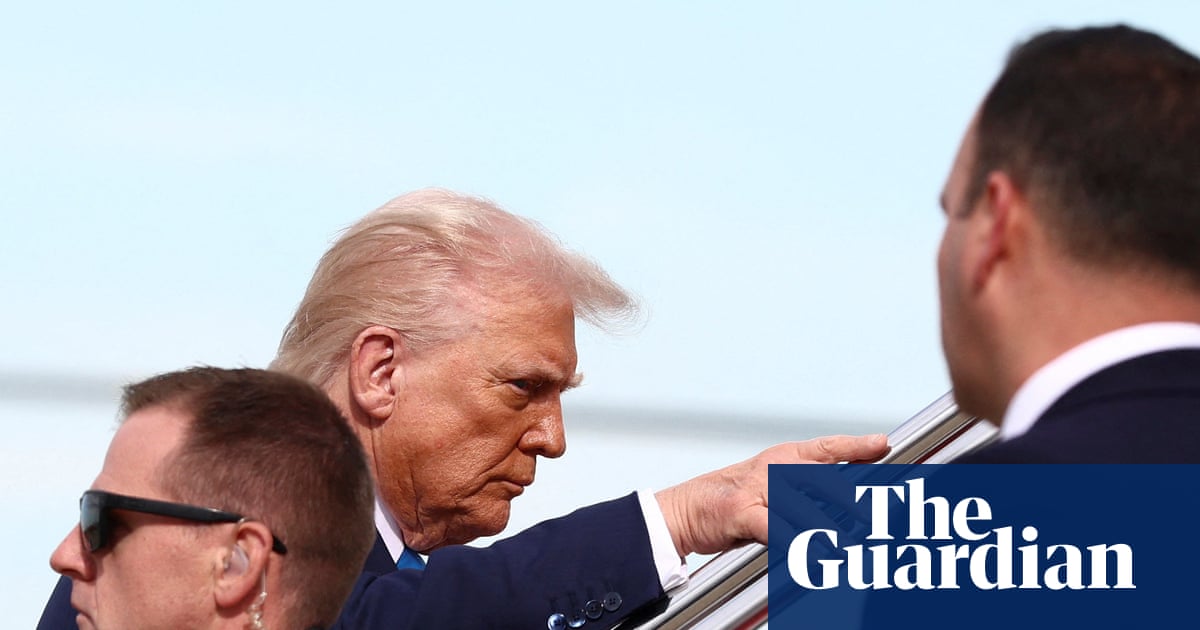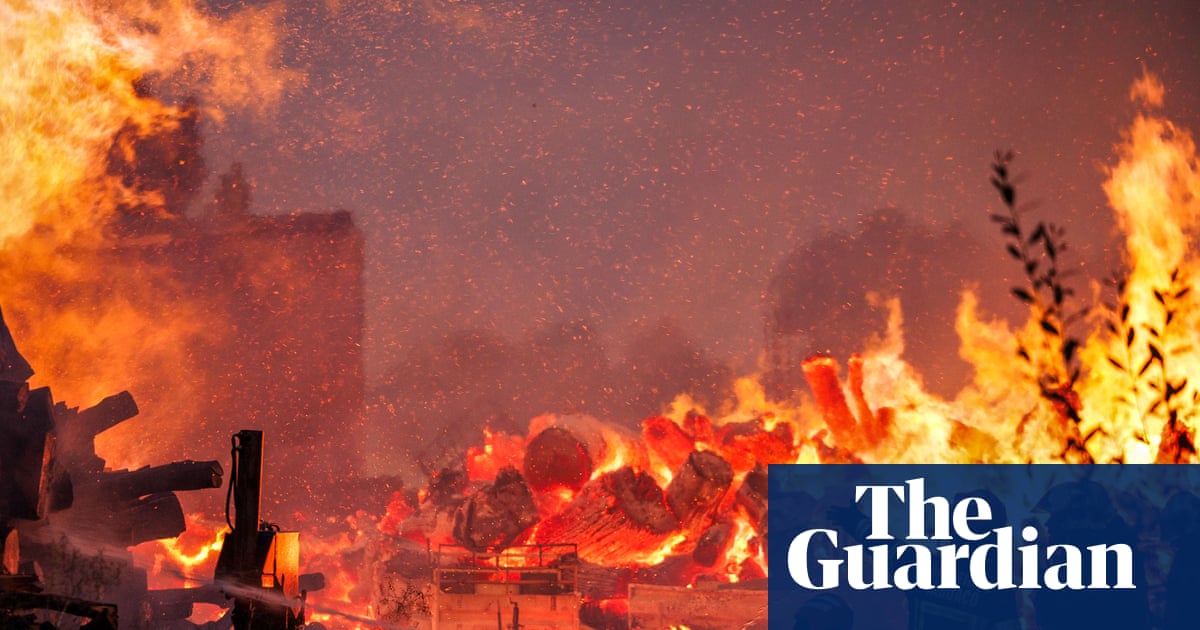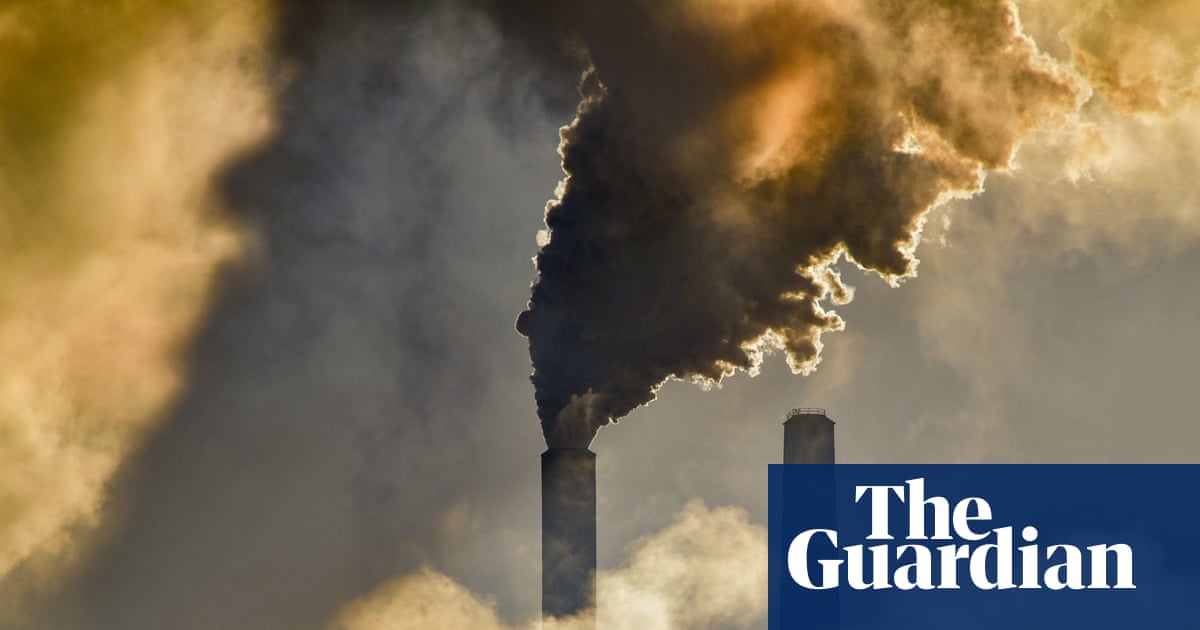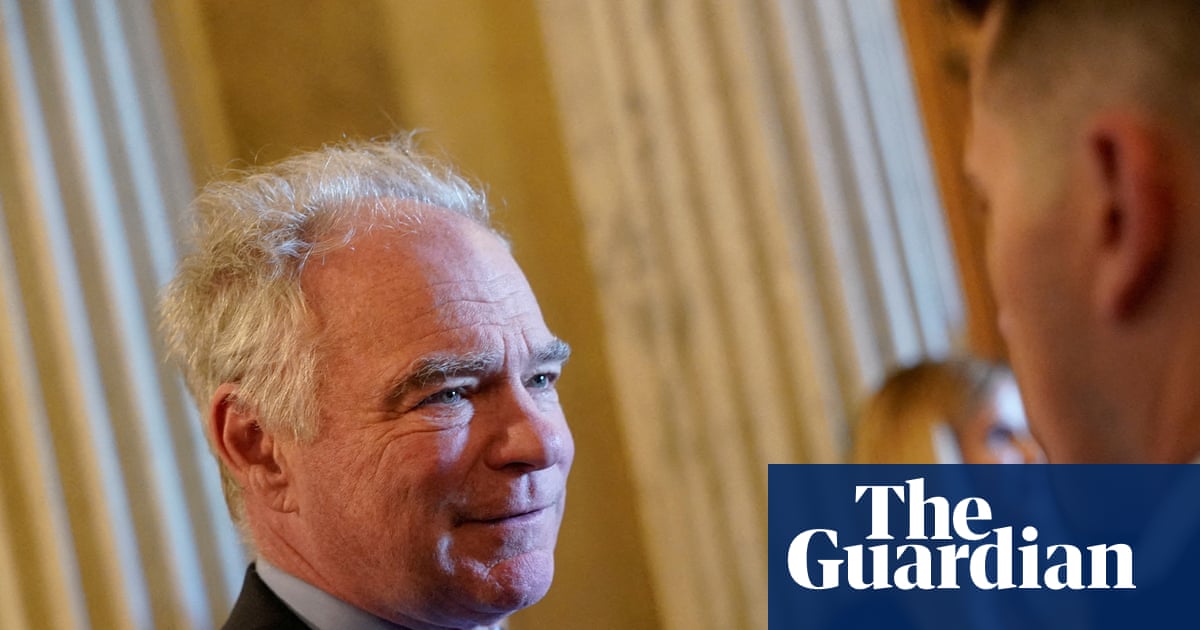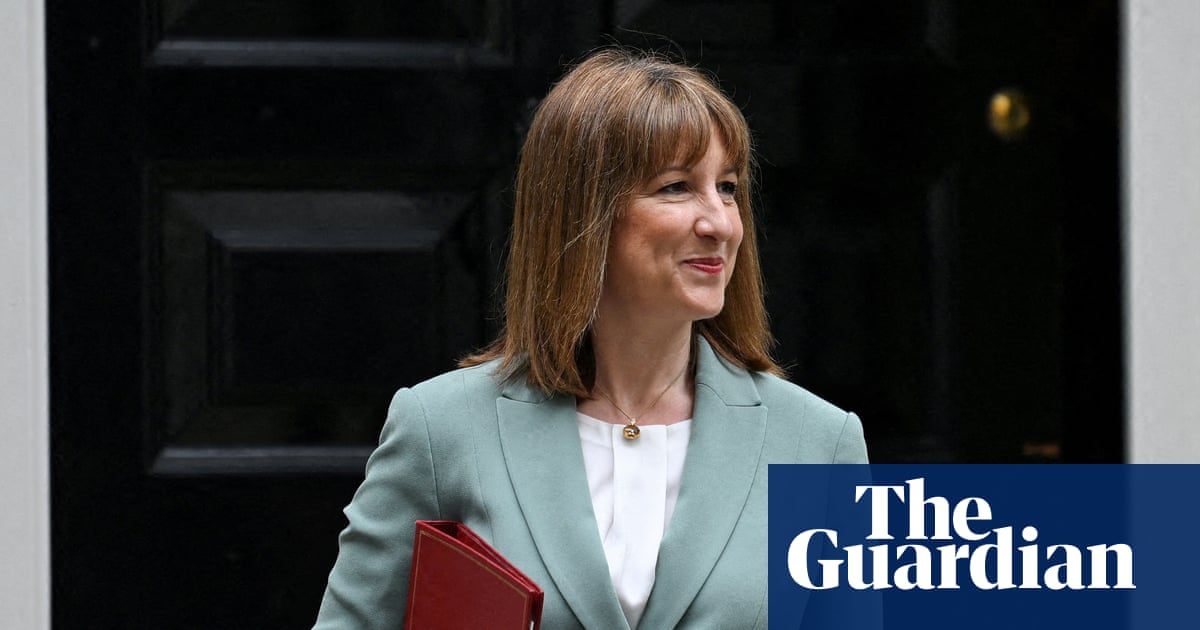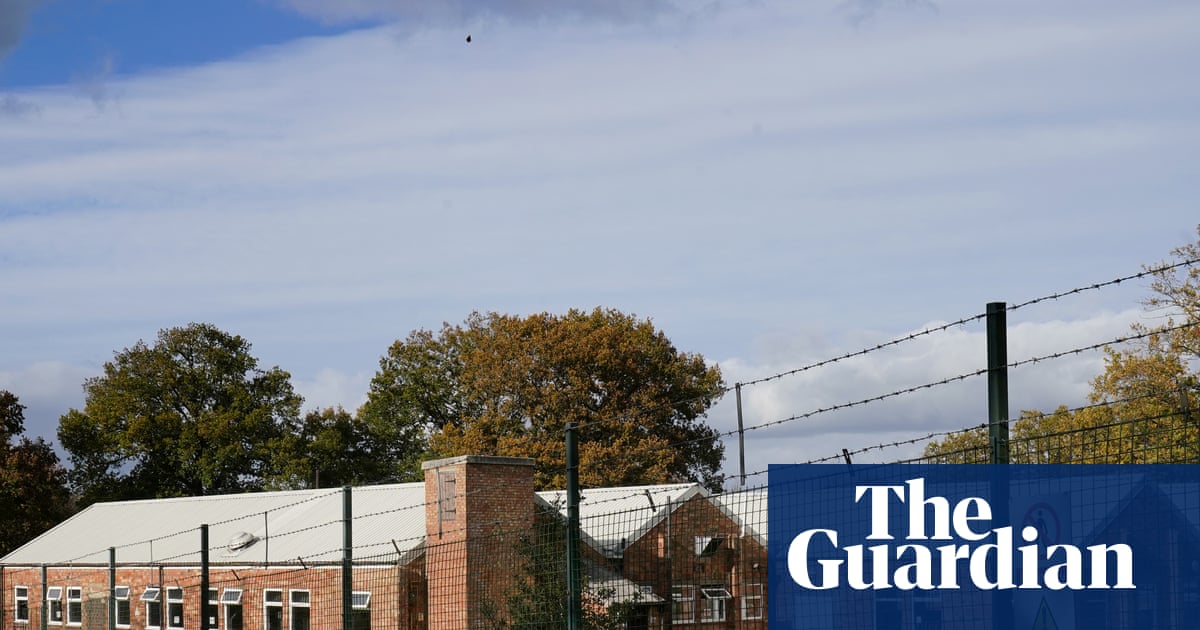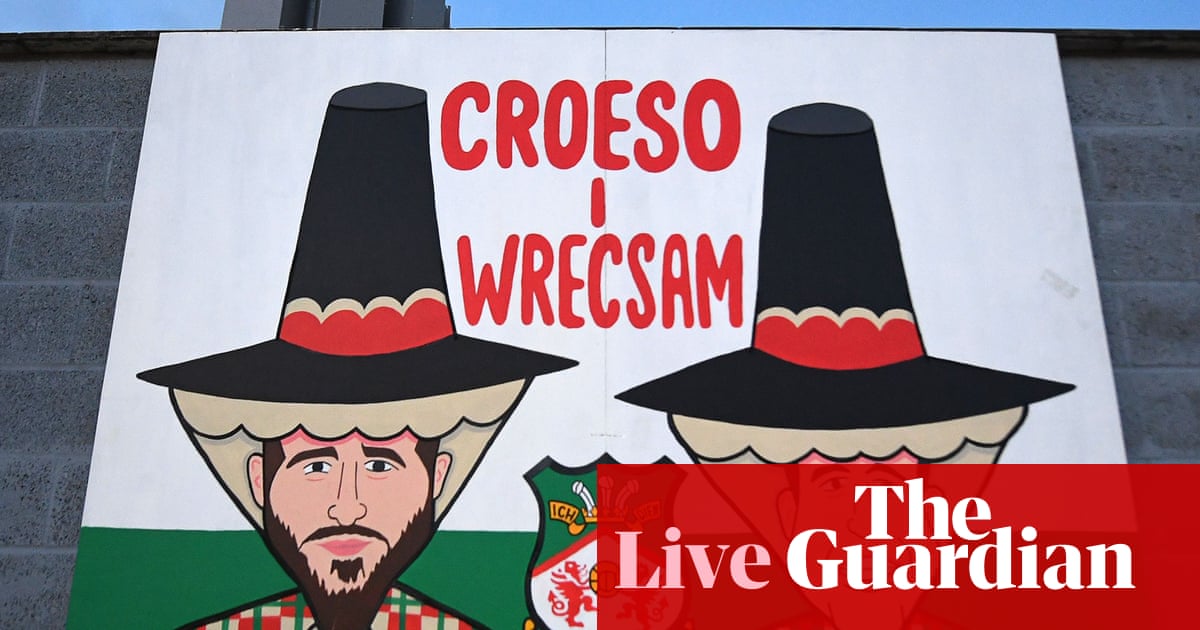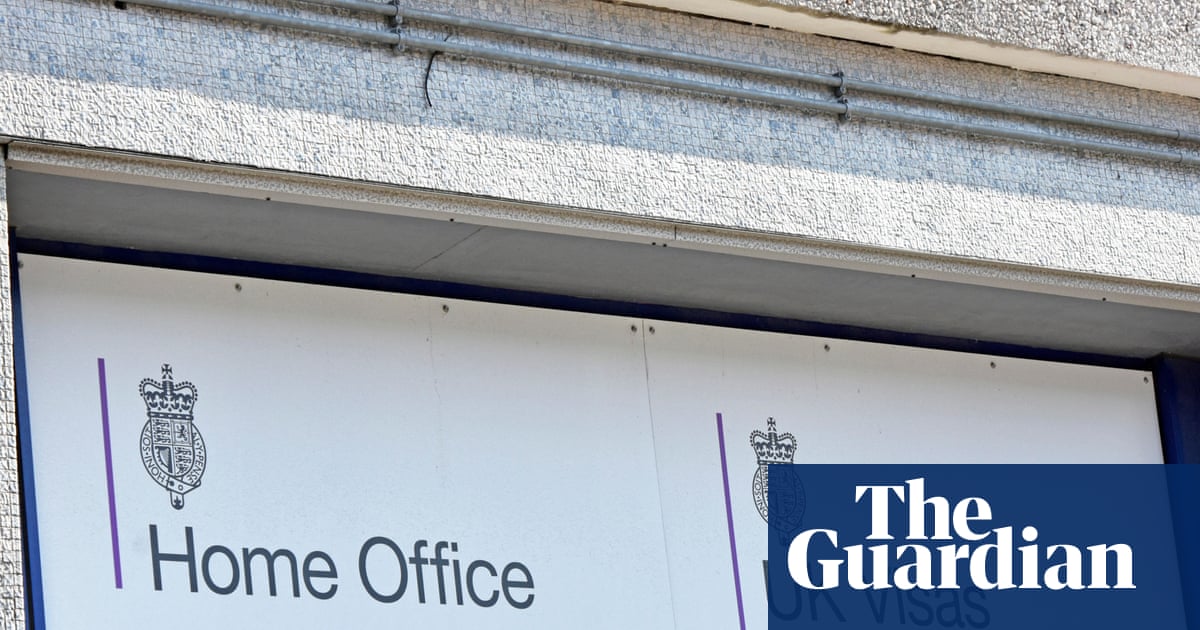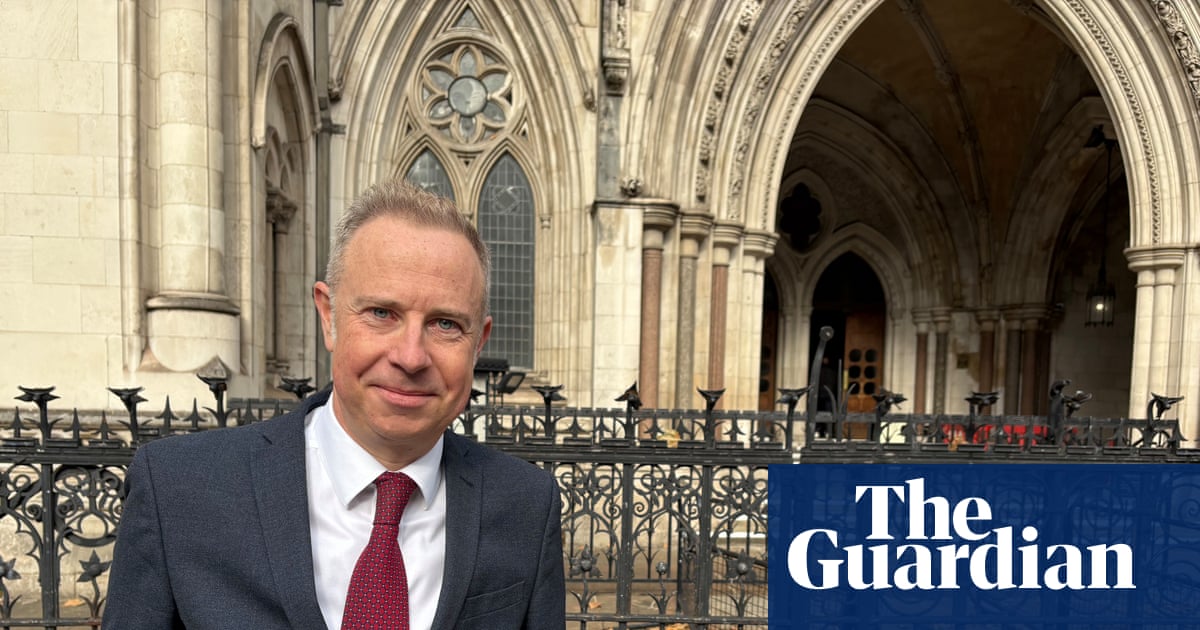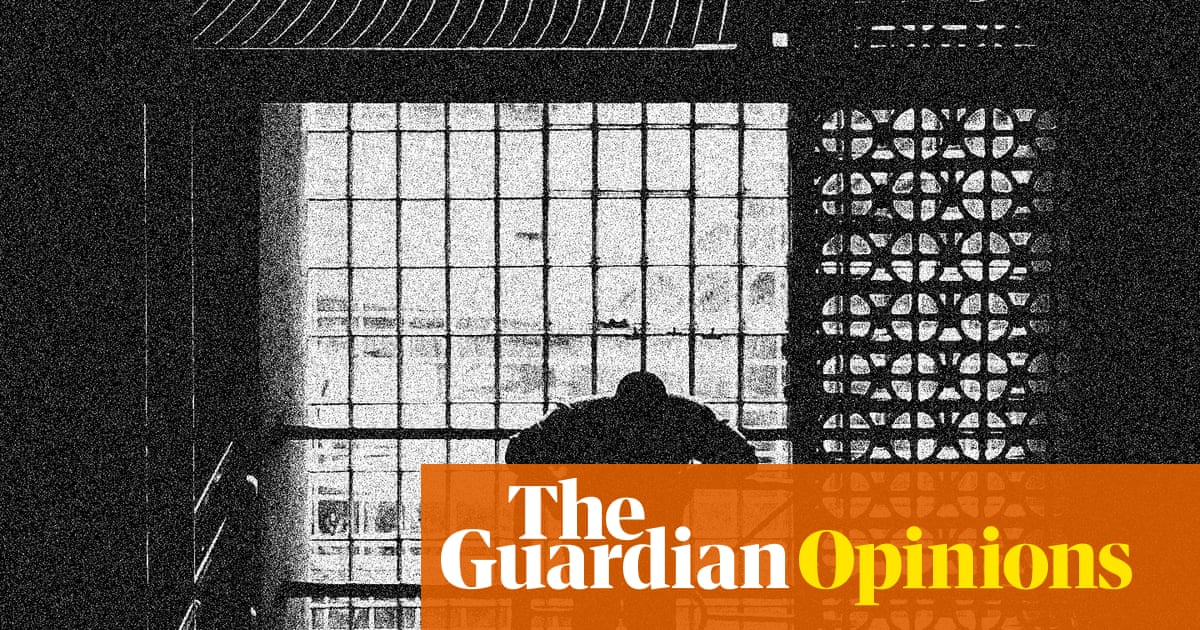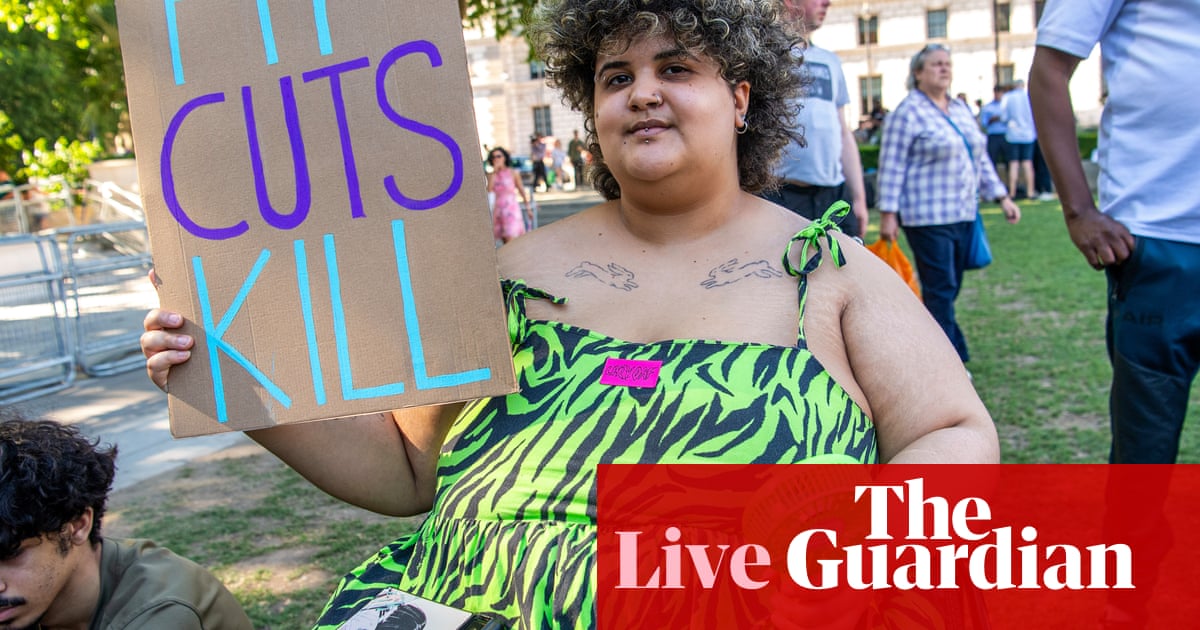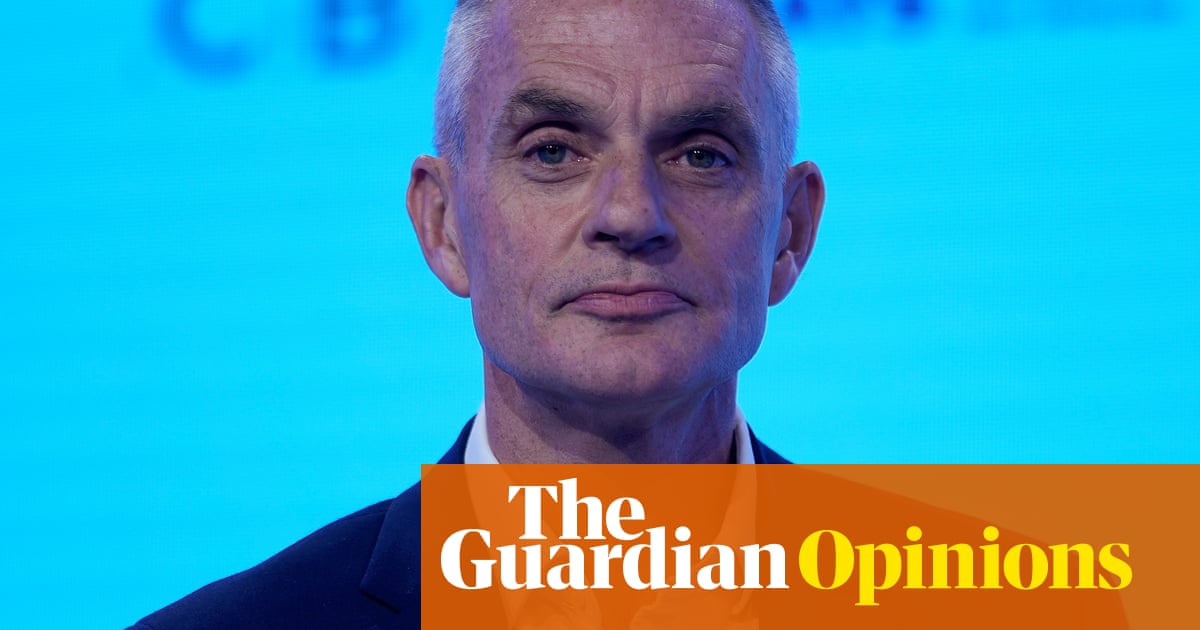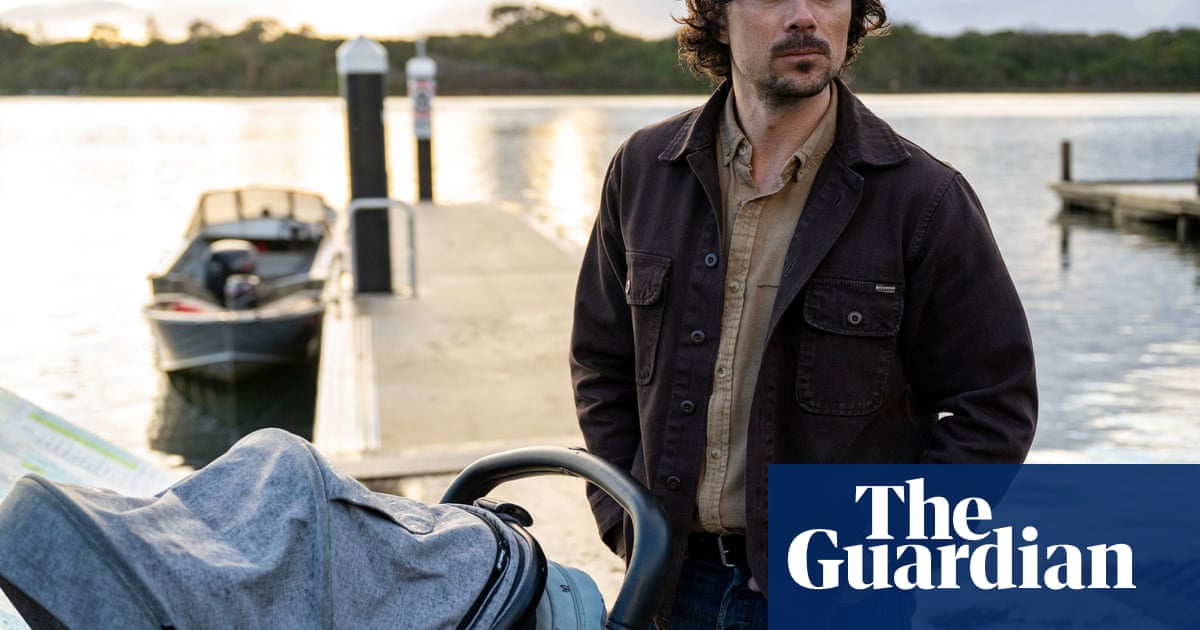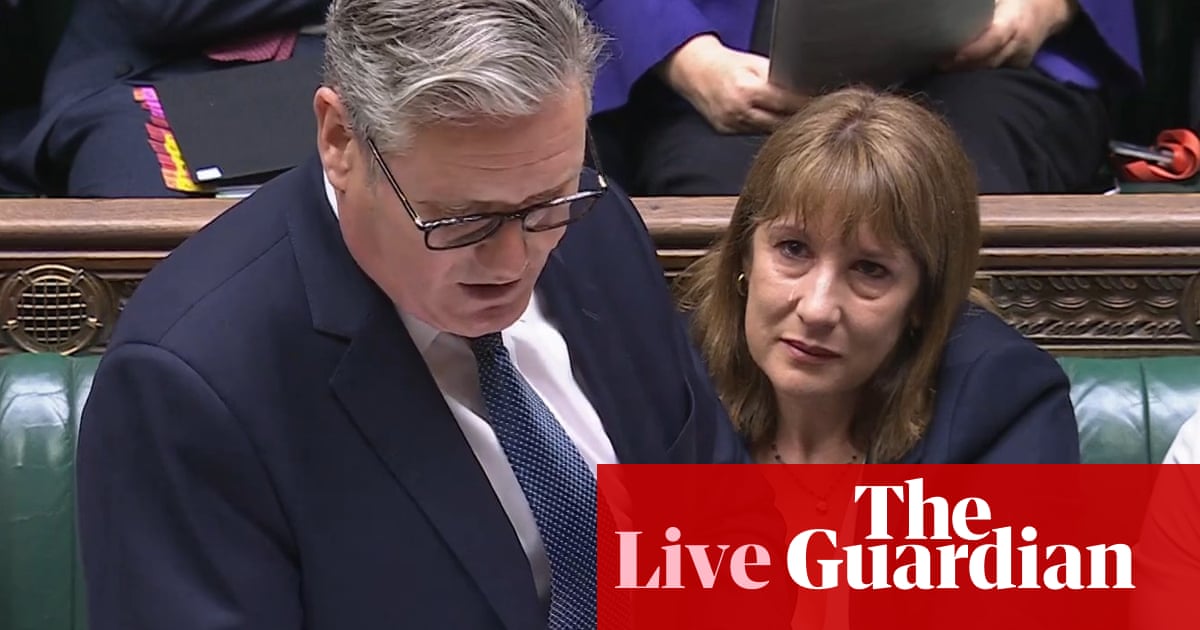Indonesia’s utopian new capital Nusantara seems to appear out of nowhere. Deep in the forest, a multilane highway abruptly opens up through the trees, leading to a palace topped by a winged eagle that glows under the equatorial sun.
But along the rows of futuristic new buildings, Nusantara’s boulevards are largely empty save for a few gardeners and curious tourists.
Three years since former president Joko Widodo launched the ambitious new capital, meant to replace polluted, congested and sinking Jakarta, some fear it is in danger of becoming a glorified ghost town.
Under the president, Prabowo Subianto, who assumed office last October, state funding for the new capital project has plunged more than half, from £2bn in 2024 to £700m in 2025. Next year £300m has been allocated, a third of what was requested. Private investment has also fallen more than £1bn short of the target.
Prabowo, who is yet to visit as president, also quietly downgraded Nusantara to a “political capital” in May, although the decision was only made public in September.
In 2024 the head and deputy of the body overseeing the capital resigned. About 2,000 civil servants and 8,000 construction workers currently live in Nusantara, far from the 2030 target of 1.2 million.
Apartment blocks, ministry buildings, hospitals, roads, water systems and an airport have been built, but much of the city remains under construction.
Herdiansyah Hamzah, a constitutional law scholar from Mulawarman University in East Kalimantan, says the project was already “a ghost city” and the new “political capital” designation had “no meaning” in Indonesian law.
“The new capital is not a priority for Prabowo,” he says. “Politically, it’s unwilling to die, unwilling to live.”
Despite the delays and downgrade, those involved in the project – officially known as Ibu Kota Nusantara (IKN) – remain upbeat.

“The president [Prabowo] told me, ‘It is my commitment to continue and finish this even faster,’” says Basuki Hadimuljono, head of the Nusantara Capital Authority (OIKN), from his office overlooking the new capital.
Reports of a construction slowdown and lack of political will are “not true”, he says.
“The funding is there, the political commitment is there,” he says. “Why should we doubt that?” Funding, he adds, has been “reallocated, not cut”.
Boom and bust
Around Nusantara, small businesses that had thrived on the influx of workers say trade this year has collapsed, while environmentalists have warned of a potential ecological disaster in a stretch of rainforest home to rare and endangered species.
“When Jokowi was president, my rental rooms were full,” says Dewi Asnawati, who runs a convenience store and homestay. “Now, my income has dropped by half.”
Stallholder Syarariyah agrees, describing a boom followed by a bust. “At first, our laundry was full every day,” she says. “But when the workers went home, everything stopped. Many friends closed their businesses. People worry this could become a ghost city.”
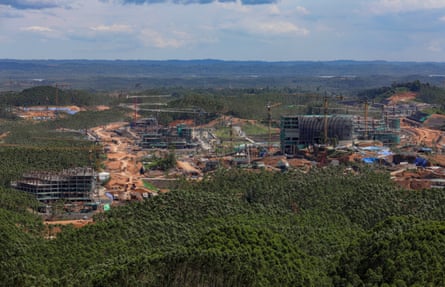
Construction worker Bejo has also seen the slowdown first-hand. “We still work, but there’s less overtime and less money,” he says. In Balikpapan Bay, where fishers once complained of huge ships carrying construction materials disturbing their nets, they now say traffic has fallen sharply.
For the Indigenous Balik people living near Sepaku River, less than 20km away, the new capital has brought disruption.
Arman, a local farmer and fisher, says flooding has worsened since a water treatment plant was built on the river, cutting his harvests in half. Promises of clean water from the new plant, he says, never materialised.
“It only goes to IKN,” he says, adding that the dozens of families in the community could no longer source their own water from the river due to pollution and a new dam. The government has denied those claims.
Still, the community wants Nusantara to succeed, hoping it could bring more awareness of Balik culture and tourism to the area. “If it stops, we lose everything,” says Arman. “But if it continues without us, we also lose.”
Environmental groups such as Walhi say the project has already caused lasting ecological damage. The NGO estimates more than 2,000 hectares of mangrove forest have been cleared over the past two years due to infrastructure projects, including a new highway and port.
Nusantara, says the group, is unlikely to benefit local and Indigenous communities.
“[With Nusantara] you will have a high-walled area where people enjoy everything inside, but outside, life will be different,” says Walhi’s Fathur Roziqin Fen. “The local people lose both the economy and the environment – they lose both ways.”
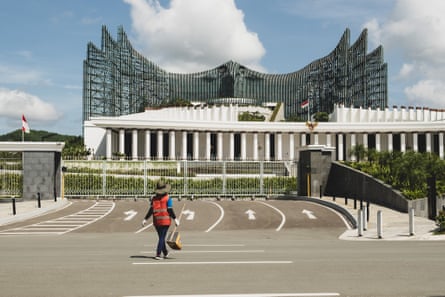
The government has denied any negative environmental impacts and defended its engagement with Indigenous groups, with some provided with compensation for their land.
Nusanatra, says Basuki, was designed as a green city with only a quarter of the 252,000-hectare site to be developed and the rest kept as green space.
Even as officials defend the government’s commitment, analysts say Prabowo’s focus lies elsewhere, such as his flagship free schools meals program, which is slated to have an annual budget of £15bn by the end of 2026.
Others suggest Nusantara may end up more a tourism destination.
“It feels like Singapore,” says Clariza, who was visiting from the neighbouring island of Sulawesi. “Clean, modern – like something impossible in the middle of the jungle.”
She is also hopeful Nusantara can help shift Indonesia’s wealth away from Java, which has long dominated the country’s politics and power.
“For us who live in the eastern regions, it feels more centralised when the capital is here,” she says.
“But it’s also strange and quiet,” she adds. “There’s nobody here yet.”

.png) 4 hours ago
5
4 hours ago
5
